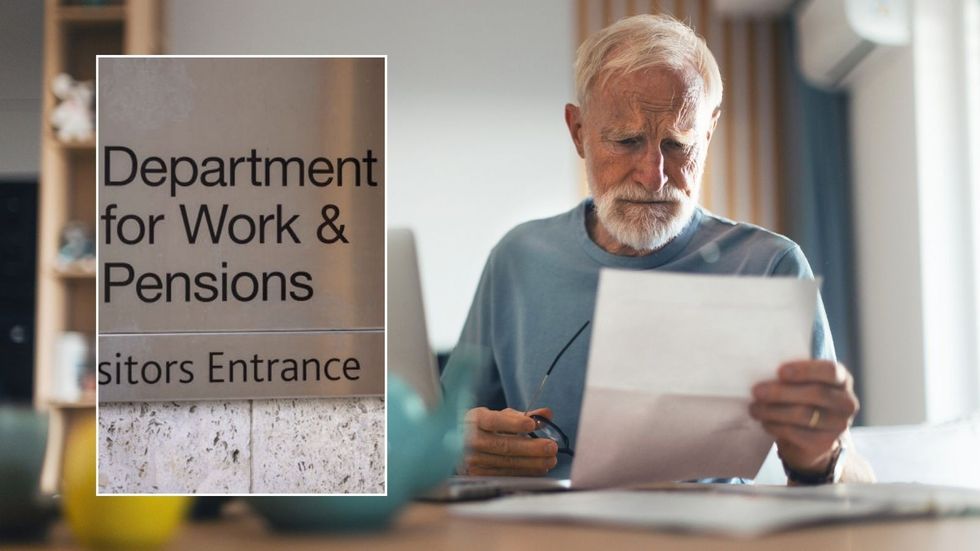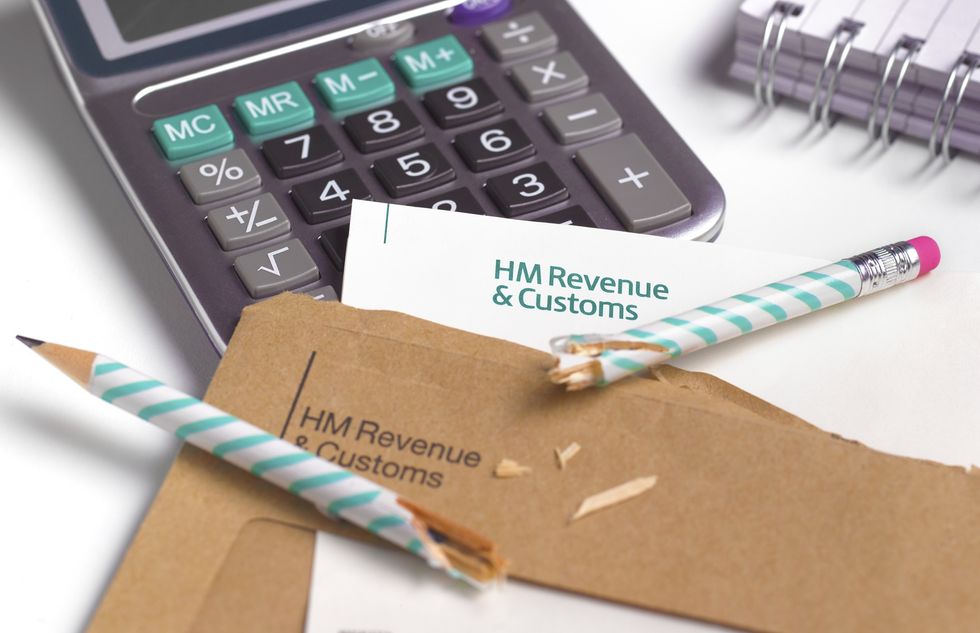‘Rubbing our noses in it!’ State pension rise will be swallowed up, retiree fears - ‘Doesn’t go anywhere’
GBNEWS
The new figures follows years of criticism that the rules were "unfair, confusing, and disproportionately punitive"
Don't Miss
Most Read
Trending on GB News
Thousands risk missing out on crucial state pension credits due to an "unfair" tax rule that continues to penalise single-earner families and those unaware of its implications.
A controversial tax charge that has quietly reshaped child benefit in Britain could leave parents missing out on their future state pension.
The High Income Child Benefit Charge (HICBC), which claws back Child Benefit from higher earners, has faced years of criticism for being complex, poorly understood, and fundamentally inequitable.
And while penalties for failing to declare liability have plummeted, dropping by 99 per cent last year, experts warn that the wider damage of the policy is far from over.
New figures obtained by wealth manager Quilter via a Freedom of Information request show that just 75 penalties for "Failure to Notify" were issued in 2023/24, down from 7,007 the previous year.
Total penalty amounts dropped from £4.5million to just £45,443. The trend appears to be continuing, with only 46 penalties issued so far in 2024/25.
But while the fall in fines reflects improved awareness and a shift in HMRC’s enforcement strategy, the underlying structure of the HICBC remains in place — and families opting out of Child Benefit to avoid the tax may be unknowingly sacrificing valuable National Insurance (NI) credits, which help build entitlement to the state pension.

More than 712,000 families have now opted out of receiving Child Benefit altogether
GETTYHolly Tomlinson, financial planner at Quilter said: "If you opt out of receiving Child Benefit to avoid the charge, make sure the parent who is not working or earning less still gets their National Insurance credits.
"These credits count toward the state pension, and missing them could leave families worse off in retirement."
More than 712,000 families have now opted out of receiving Child Benefit altogether, affecting over a million children.
The number of families claiming the benefit has now fallen to its lowest level since 2003, despite population growth and rising household costs.
The HICBC currently applies when one individual in a household earns over £60,000, with the full benefit clawed back at £80,000.
Critics argue that this single-earner model is "unfair", as a household with two earners each on £59,000 can retain full benefits, while a single parent earning £61,000 may lose it entirely.
The Conservative government committed to reforming the charge to a household-based system by 2026.
However, since taking office, the Labour government has rowed back on this pledge, citing a potential cost of £1.4billion by 2029/30.
LATEST DEVELOPMENTS:
 Parents could fill National Insurance record gaps via Child Benefit GETTY
Parents could fill National Insurance record gaps via Child Benefit GETTYTomlinson said: "The collapse in these penalties is no accident — it reflects the pressure that has rightly built up over years about how unfair the system was.
"Huge media attention highlighted the absurdity of a single parent losing all their ChildBenefit while a couple each earning just under the threshold could keep the lot.
"The Government has finally accepted this doesn’t pass the fairness test and is now using carrot rather than stick to help people keep to the rules.
“In the meantime, families still need to tread carefully. If you opt out of receiving ChildBenefit to avoid the charge, make sure the parent who is not working or earning less still gets their National Insurance credits, which count towards the state pension.

Until the rules are overhauled, experts warn families to stay informed and act early
GETTY"And for those hovering near the income threshold, salary sacrifice into a pension can be a wise financial planning tactic — it reduces your adjusted net income and can bring you back below the charge entirely."
Tomlinson added: "Making pension contributions — especially through salary sacrifice — can help bring you under the threshold and reduce the amount of benefit you repay.
"It’s one of the few ways to protect your Child Benefit while also strengthening your retirement savings."
Until the rules are overhauled, experts warn families to stay informed and act early - to avoid both tax shocks and long-term pension gaps.







